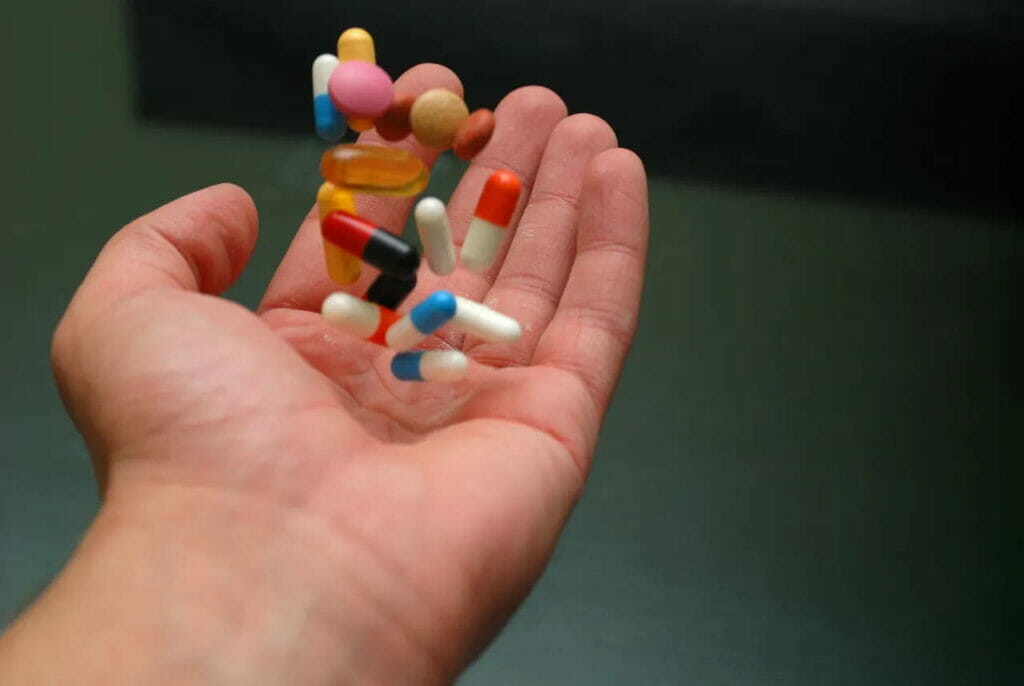In short, it’s the body’s normal response to an addictive chemical. Let’s use an example. If someone has anxiety and is prescribed a benzodiazepine (Xanax, Klonopin, Ativan, Valium, etc), the neurons in the brain will adapt to the repeated exposure and will begin to require and only function normally in the presence of that drug. So, after sustained regular use, when the drug is stopped, there can be a withdrawal reaction. The same goes for opiates for pain and many other substances.
What is a drug? A drug is a substance that interacts with your body to illicit some sort of physiological effect. A drug can be prescribed, like medications for hypertension, diabetes, etc. But they can also be other substances like supplements and caffeine or sugar. But more commonly, when people refer to ‘drugs’, they are usually talking about either medications and/or substances with potential for abuse.
For those who are chemically dependent or addicted to medications/substances, treatment is often necessary. To help limit the symptoms of withdrawal, treatment may consist of: reducing medication dosages over time, hospitalization, medical detoxification programs, residential addiction facilities, long-term aftercare.
If you feel as though this blog relates to your current life, please reach out to us at pnsoc.com or call us at (714) 545-5550

